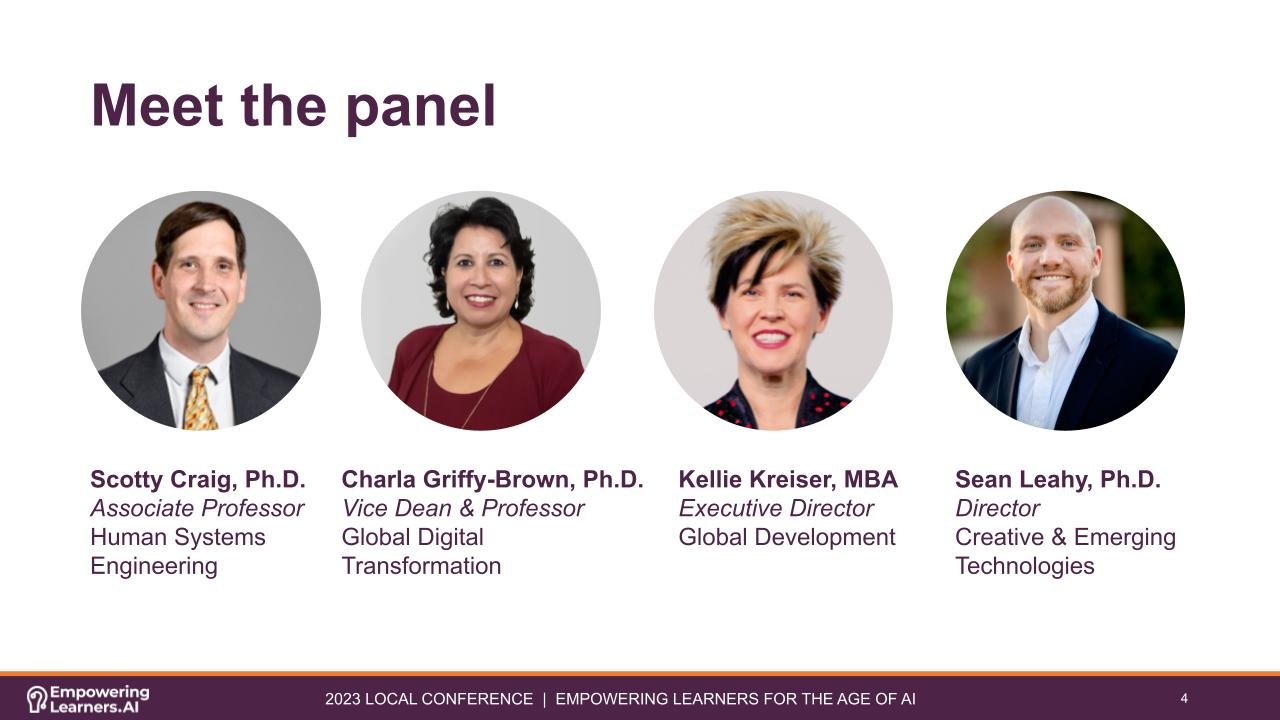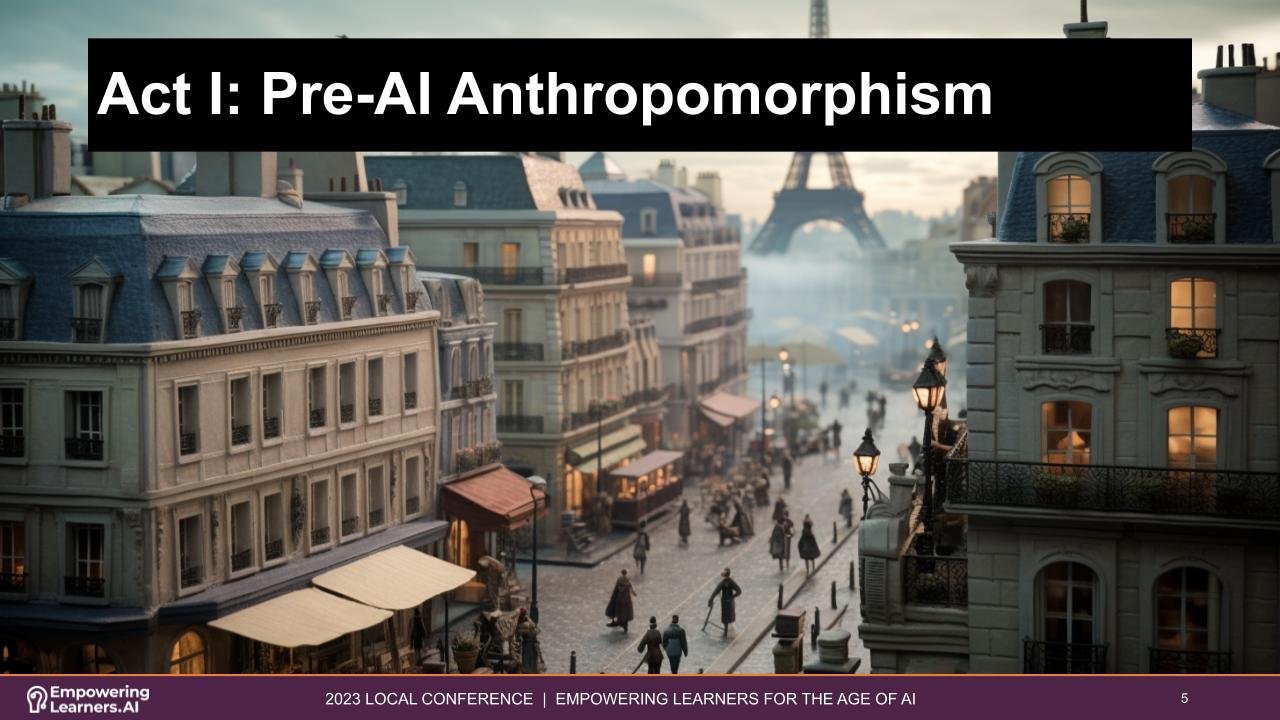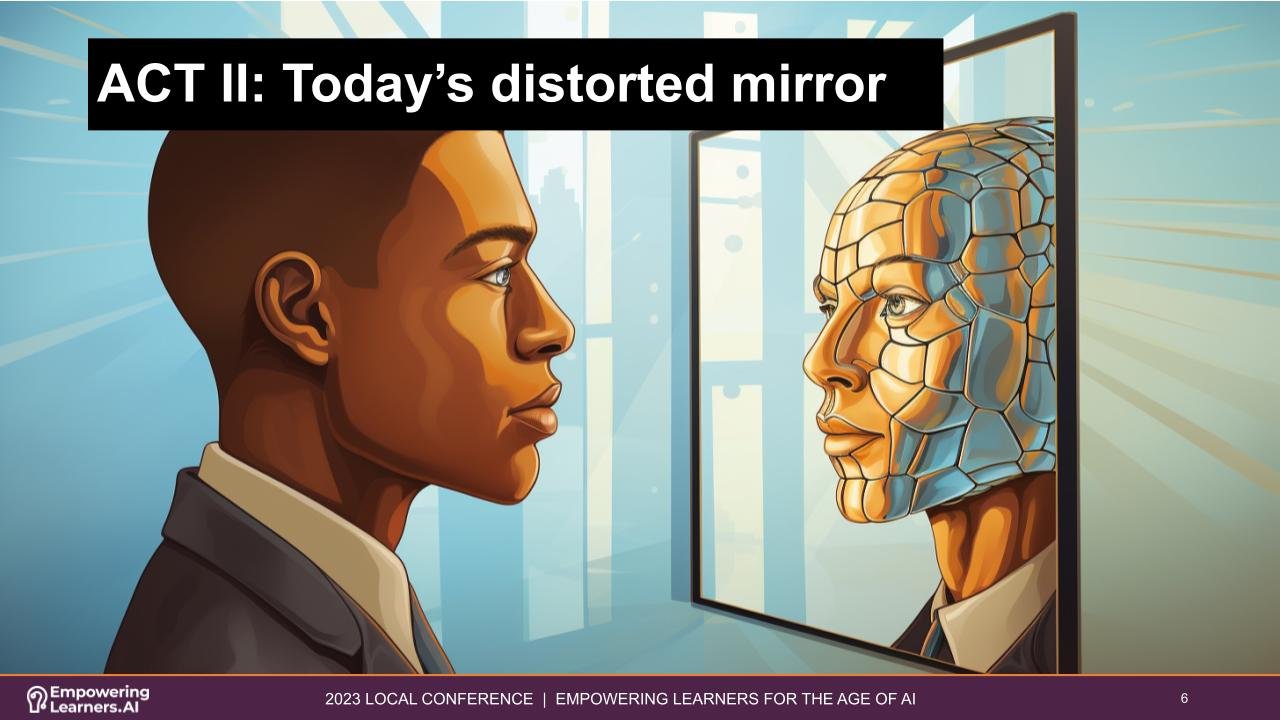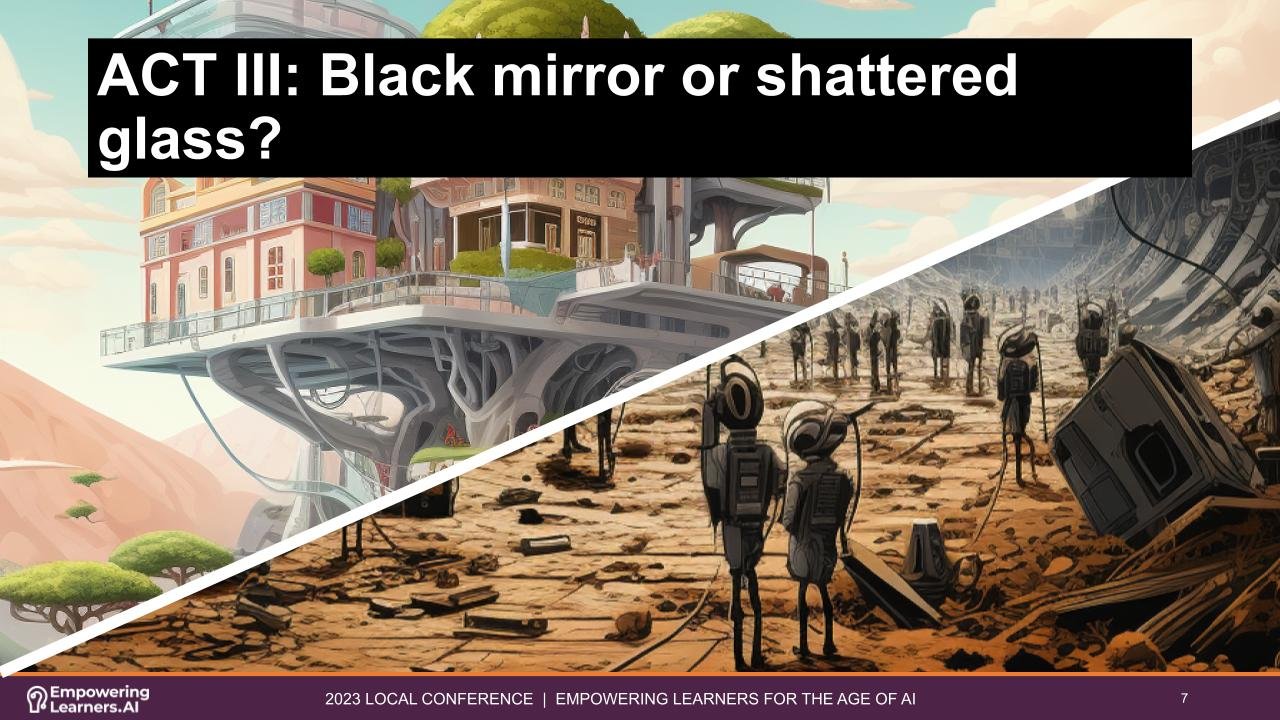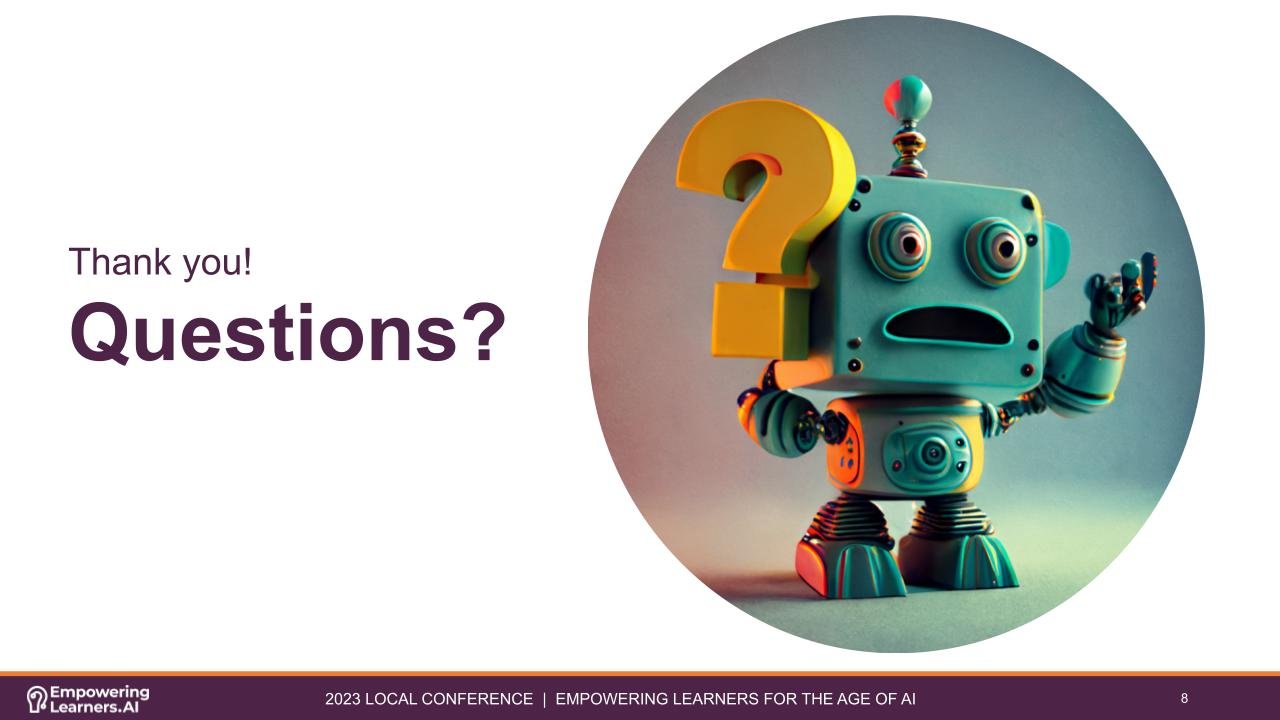Sunshine, iced coffee, and a stack of books bigger than your carry-on: the Modem Futura crew is officially in vacation mode. In this episode, Sean Leahy and Andrew Maynard trade their usual policy briefs for paperbacks, audiobooks, and a little healthy banter while curating a futurist-friendly “summer reading list.” Why fiction? Because, as Sean argues, big ideas often hide between star-ship battles and dinosaur breakouts, not only in white papers. Andrew adds that speculative worlds give us a safe sandbox to test tomorrow’s ethics—and besides, nothing pairs with sunscreen like a good apocalypse.
The conversation starts with how we read. Sean confesses he’s deep into audiobooks (pro-tip: narrator chemistry matters as much as plot), while Andrew waxes nostalgic about radio dramas and the duo laments that loss of an old art form of pure radio-plays or dramas and the power of sound-only storytelling.
Then come the picks. Sean’s pile skews toward propulsive series that open up worlds of emergent tech and moral quandaries: Martha Wells’ Murderbot Diaries, Hugh Howey’s silo trilogy (Wool, Shift, Dust), Dennis E. Taylor’s clone-happy We Are Legion (We Are Bob), and John Scalzi’s Old Man’s War. Classics make the cut too: Stanisław Lem’s mind-bending Solaris, Michael Crichton’s bio-engineering cautionary tale Jurassic Park, Douglas Adams’ irreverent Hitchhiker’s Guide to the Galaxy, and the heaven-hell hijinks of Pratchett & Gaiman’s Good Omens. Andrew arrives armed with literary wit and social sci-fi: Julie Schumacher’s academic farce Dear Committee Members, John Wyndham’s climate-chaos thriller The Kraken Wakes, Iain M. Banks’ cosmic intrigue in The Algebraist, Kai-Fu Lee & Chen Qiufan’s foresight anthology AI 2041, and a nostalgic return to childhood wonder with Swallows and Amazons and its sequel Swallowdale.
Sean and Andrew dig into why these stories matter now. Themes of sentient automation (Murderbot), post-climate survival (Wool), and multiverse governance (Bobiverse) echo real-world debates on AI alignment, geo-engineering, and planetary stewardship. They unpack adaptation hits and misses—Apple TV+’s Silo nails the bunker vibe; will Amazon’s forthcoming Murderbot capture SecUnit’s dry humor?—and argue that every futurist needs a dose of imaginative empathy before writing the next policy memo or paper.
Grab your earbuds, e-reader, or dog-eared paperback and join the conversation. After listening, hit reply or tag #ModemFutura to share the titles you’ll be packing—because the future is a story we’re all still writing.
Sean's Picks:
Andrew's Picks:
Swallowdale by Arthur Ransome [Amazon second hand] (this one can be hard to find)
AI 2041: Ten Visions for Our Future by Kai-Fu Lee and Chen Qiufan [Amazon]
If you’d like to dive deeper, jump into the link and listen to the podcast or watch the YouTube video. Join us as we explore the forces shaping our collective future and the urgent need to keep human values at the heart of innovation.
Subscribe and Connect!
Subscribe to Modem Futura on a favorite podcast platform, follow on LinkedIn, and join the conversation by sharing thoughts and questions. The medium may still be the massage, but everyone has a chance to shape how it kneads modern culture—and to decide what kind of global village we ultimately build.
🎧 Apple Podcast: https://apple.co/4kkcvCC
🎧 Spotify: https://open.spotify.com/episode/0cTCZZfLHR1sIYcHsd85bt?si=5adaec8264b74cc1
📺 YouTube: https://youtu.be/KnmMw4Nb3dM
🌐 Website: https://www.modemfutura.com/










